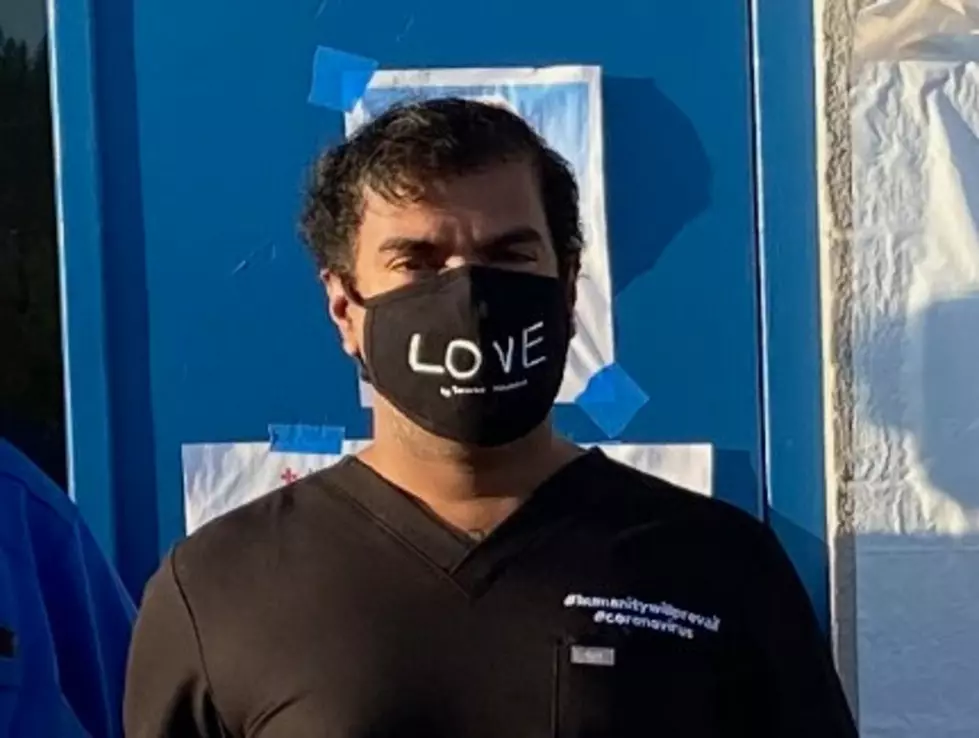
Top Doctor Talks COVID Spikes: ‘The Virus Is a Step Ahead’
Dr. Rajeev Fernando is one of New York's top infectious disease specialists, and this week he talks about a COVID-19 spike, and gives us his input on if the virus is mutating and getting smarter.
When you need to know what's happening with the coronavirus, join KICKS 105.5 every Thursday morning. Dr. Rajeev Fernando answers your COVID-19 questions.
We've got COVID-19 spikes all over the country this week, what can you tell us about the increase in cases?
"I think, unfortunately, this was inevitable. As you open up schools, and more businesses, this is going to happen, it's not surprising to me. What is interesting this time around, is the cases are increasing, but we're not seeing the hospitalizations that we saw back in March and April. In a normal trend during a pandemic, the infectiousness increases, and the pathogenicity decreases, and that means a lot more infections, but the number of sicker patients go down. It's something we are watching closely, but it is still early as far as a second wave goes".
What can you tell us about the virus mutating and becoming more intelligent, infecting people who are wearing masks and social distancing. Is this virus really that smart?
"You know, it really is, as far as I'm concerned the virus is always a step ahead of us. We're always learning and learning, but it's always one step ahead of us. That's a natural course of a disease like this, and all we have to do is keep doing what we have been doing. I think around the country there is a lot of fatigue, it's easy for us to watch Europe because they are having it really bad right now, we're seeing a lot of cases over there, but it's following the normal trend as we are here with many more infections, but less hospitalizations. We have to watch this very closely. I'll tell you something that research labs have been working on for awhile, and it's something called monoclonal antibodies. These antibodies are genetically engineered, like a genetically engineered immune system. When you administer these antibodies, it binds specifically with coronavirus and takes it out of the equation. What's interesting is, this might be one of those medications where you have someone who's positive with COVID-19, but you can give it on an outpatient basis and that can prevent hospitalization. This is really a game changer, however the one downside to this is the price, traditionally monoclonal antibodies have been very, very expensive. They have been used for many diseases in the past, but that's the only thing that might be limiting it. I think it's a really good drug that can be used in the outpatient setting."

How can I stay safe while grocery shopping? And answers to 24 other coronavirus questions
More From The Wolf









